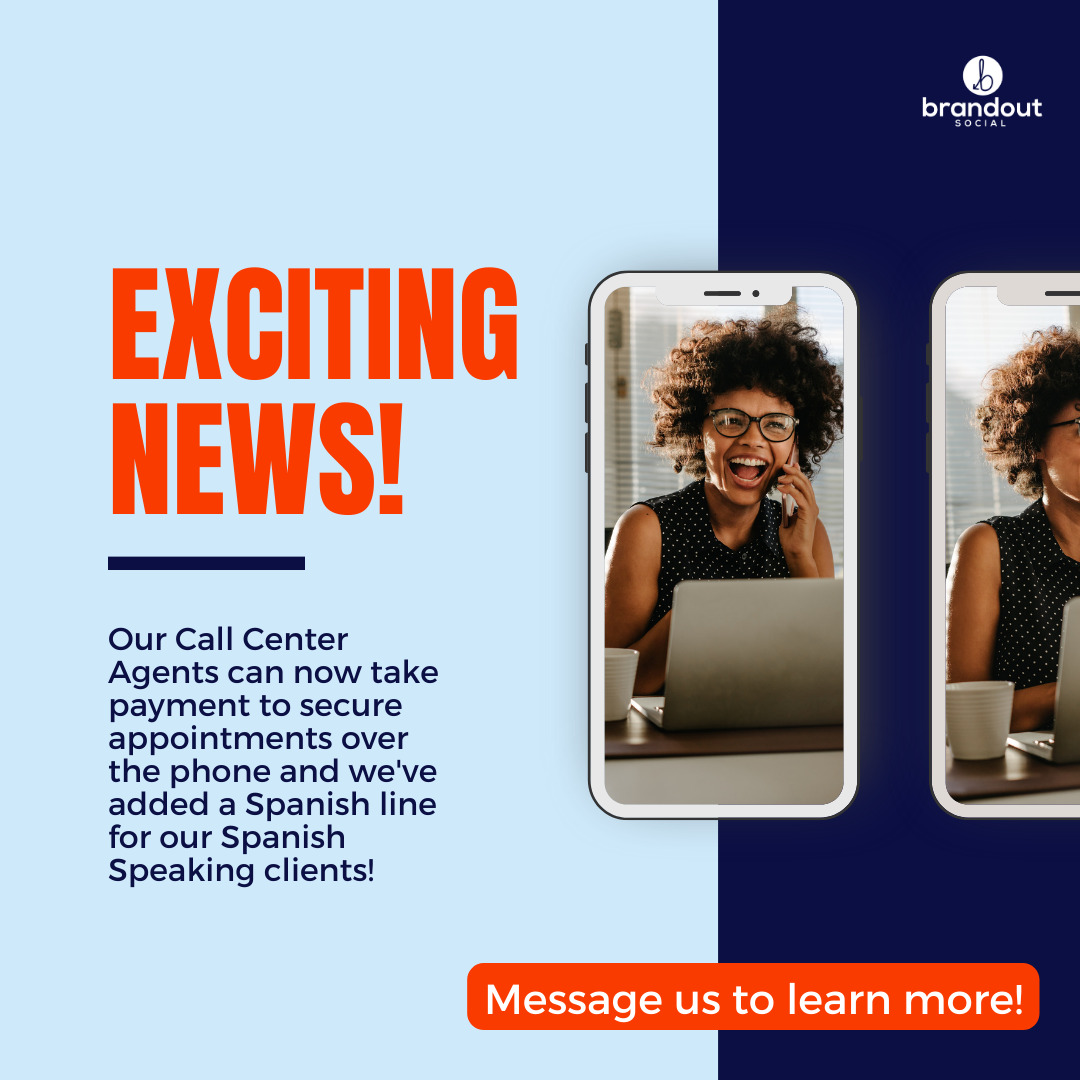If you don’t think following up with your leads is a big deal, think again. Businesses physically following up on their leads are 34% more likely to make a sale than with automation alone. That is a big difference, right? So, think about the difference between following up with your leads physically versus not at all.
Why spend the time and resources creating that amazing campaign to not even capitalize on it? We don’t know, but we do know we don’t want you to miss out on your leads. That is why we compiled a list of the 5 things that usually happen when you don’t follow up:
- They are unsure whether you’re available. Following up on your leads shows the potential customer you’re interested in and care about their business. It also signals to them that you’re available. When you don’t follow up with your lead, they’re likely to lose interest or forget about you, which is the complete opposite of what we want! When you follow up with a potential client, it’s your chance to make a lasting impression and show them why they should choose you over your competitors.
- You didn’t establish a relationship with them. When you check up on your leads, you can talk with your potential client and begin getting to know them and what they’re looking for. Listening to their problem or need and then showing them how you can solve it helps them build trust in you. But when you’re also working on developing a personal relationship, by asking questions like:
- How has your week been?
- Did you do anything over the weekend?
Amazing things can happen. Offering information about yourself to help put them at ease and let them know a little about who you are is also great. People like to feel comfortable in their conversations. The more relaxed and interested you can get them in the conversation, the more likely they’ll be open to discussing business and want to continue their services with you in the future.
- They still have questions about what your company is all about. Following up with your lead allows them to ask you those questions and get a feel for your team and company. For example, they may want a chiropractic office knowledgeable in the Gonstead technique, which not every office is! This call would be the time to figure out 1) their problem and 2) reassure them your office is ready to help them get to the bottom of their pain and find relief. Spelling out how the process works and what you expect will be beneficial to your client, so they know what they’re getting into, but also for you. It will ensure your clients are 100% comfortable and aware of what’s going on from the jump.
If someone is unsure about your business, they will move on to one that eases their doubts. Why would someone spend money on something they’re still determining will even work? The bottom line is if you don’t address their concerns, someone else will, so make sure you’re erasing any doubts from your potential client’s mind when you reach out to them so they can make an informed decision.
- Another company already addressed their concerns. If you didn’t follow up with that hot lead in your pipeline and that lead is on the lookout for a specific service, you bet they’ve also come across your competitors. It is one thing if you and your competitor both reach out to the potential client (may the best man win, am I right?). But, when you make no effort, and your competitor does, it makes your potential client’s decisions much easier. People want to know they can trust and depend on the businesses they choose to invest in. That’s why if you’re not investing back into them by understanding their pain points and how to solve them, they’ll find someone else that does.
Your lack of follow-through was unattractive. Think about it, if you didn’t put in the effort to help them when they were looking to become a client, what makes them think you’ll do that when they are one? Businesses are more likely to show interest and be their best selves when they’re trying to sell something, so if you’re already not reaching out, it doesn’t give the potential client a great idea of what it will be like working with you in the future. If anything, it worries them that your company would be hard to get in touch with or too busy to care. You want your clients to feel like their problems and feelings are your #1 priority, and they should be. That’s why something that seems simple, like a follow-up, is essential in building a lasting impression and relationship with your leads.





